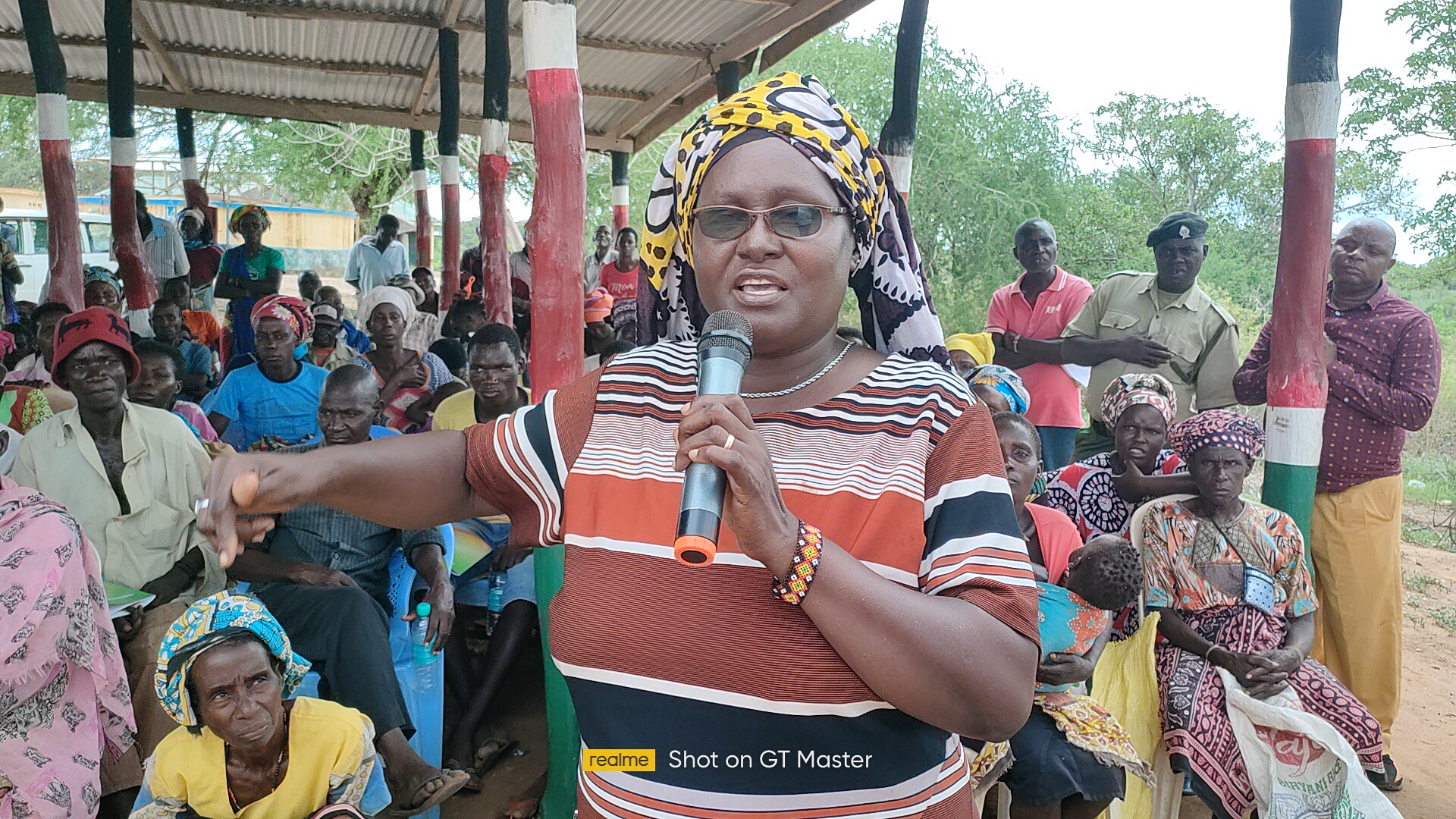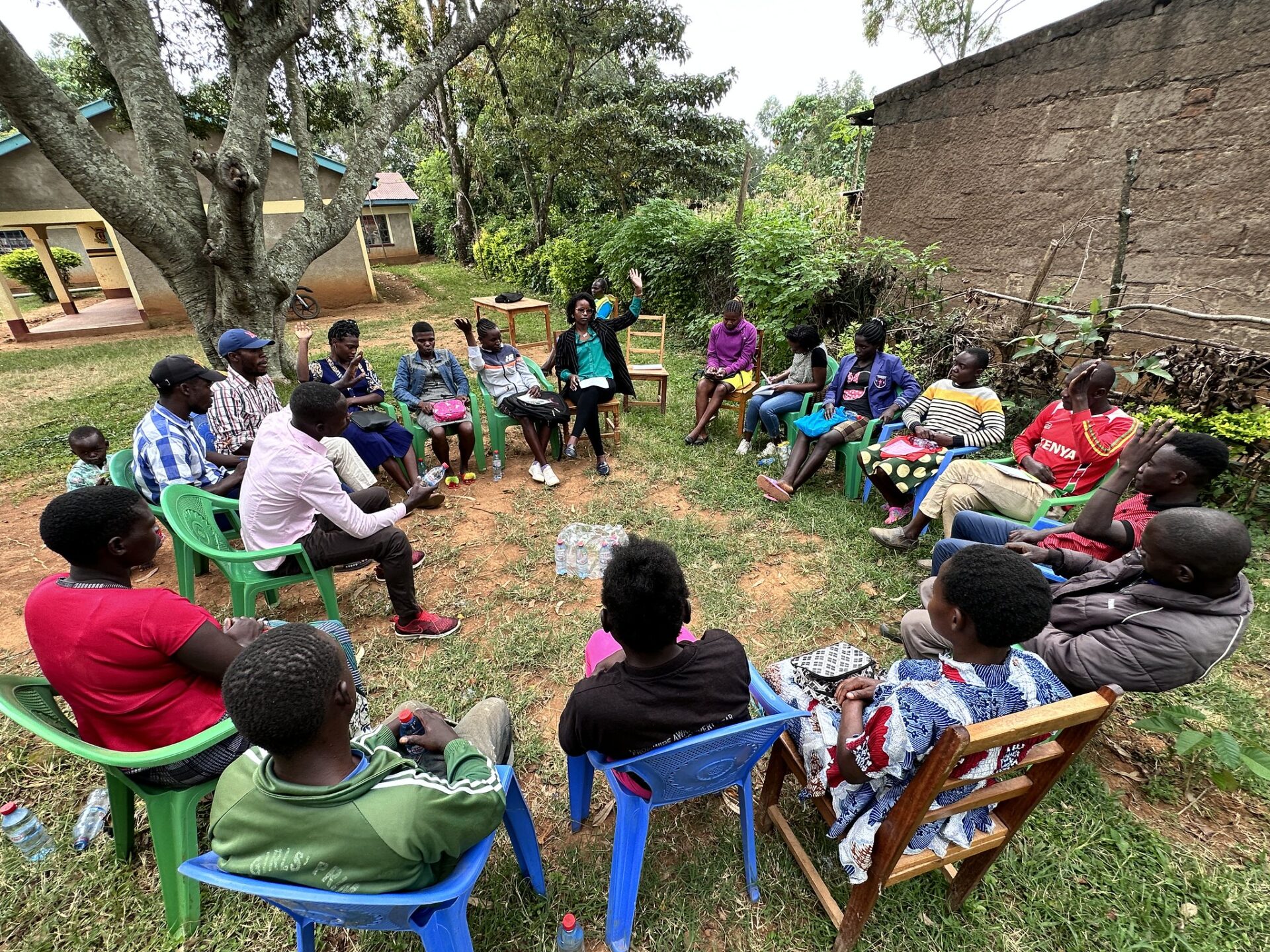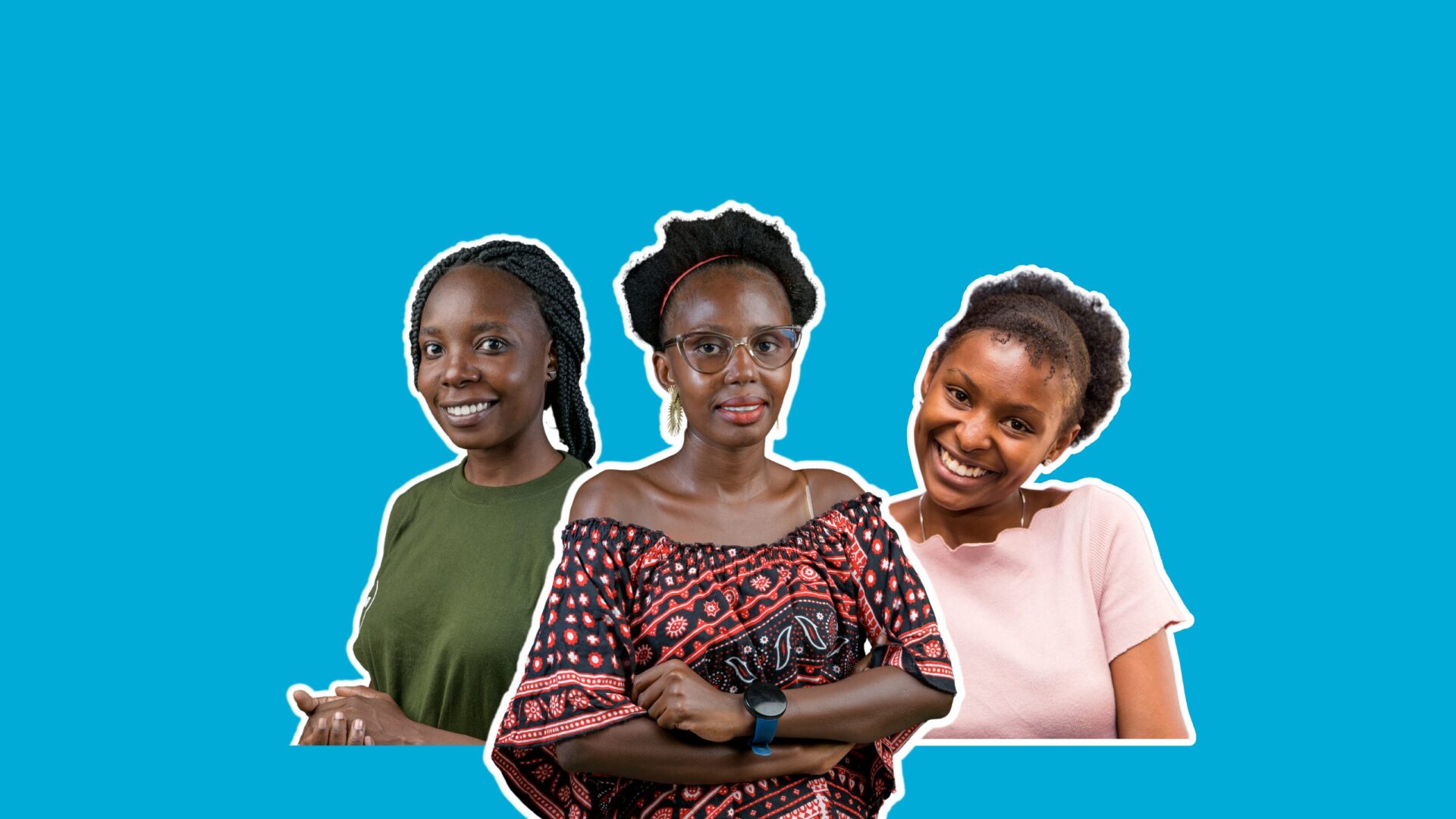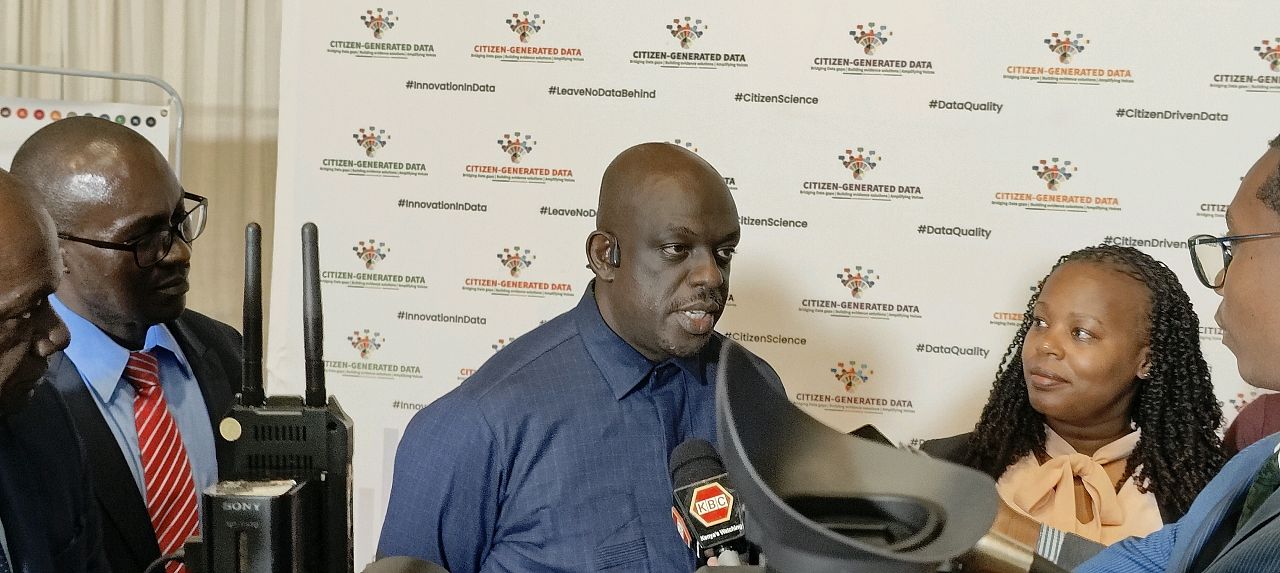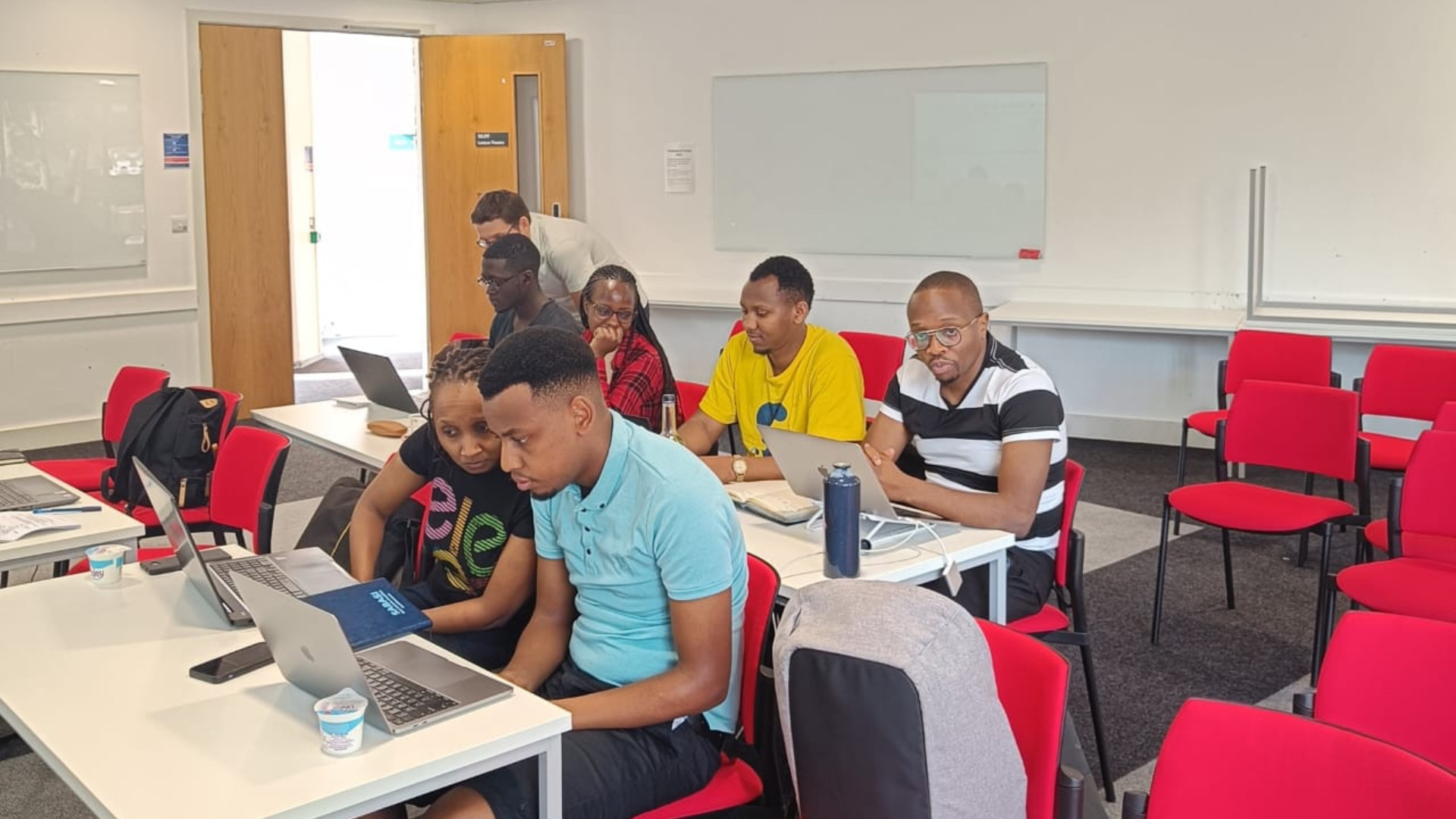Imagine you are driving from one city to another in your country and a policeman stops you for speeding. The correct process that should be followed is that the policeman would have to take you to the police station and you would have to pay a cash bail of USD 50 and get an appointment to go to court the next Monday. The court process is that you may be forced to wait the whole day on the Monday or even be required to come back on Tuesday before your case is mentioned. The court then may find you guilty and charge you a USD 200 fine. Alternatively, you could quietly slip the policeman USD 30 and go on your merry way.
Let’s now imagine that you were invited to take up a new position that would pay you twice your current income in another country. It is the job of your dreams and you can clearly see the way it would change your life and that of your family. All you need to do within 14 days, is present them with your passport and a certificate of good conduct from your security agencies, affirming that you are a citizen of good standing. They also would like you to present them with a tax compliance certificate to show that you are a responsible citizen. You have your passport, so that’s one thing that is sorted. When you go to the security agencies to get the certificate of good conduct, you learn that it takes between three and six weeks for it to be given to you and it will cost you USD 20 in the application fee. At the tax office you learn that you had forgotten to file a return 7 years ago (that time when you were just out of college and job hunting) and you now owe USD 1700 in fines after which you will immediately get your tax compliance certificate. You don’t have that kind of money and it is suggested that you could write to the tax commissioner and seek a waiver which takes a month to consider and about another month of you to get the waiver.
Or someone in the security office tells you that they can get you the certificate of good conduct by tomorrow and his cousin on his mother’s side works at the tax office and can wipe out your tax bill immediately, paving way for you to get your tax compliance certificate. All this for USD 300 for the two of them.
What would you do?
“I know it’s and offense to bribe but I had to withdraw the money ndio aachilie gari na laptop.”
Kenyan who recorded himself giving a bribe – Source: Nairobi News
Overall, it is agreed that corruption is a significant obstacle to sustainable development and ending poverty. It has a disproportionate impact on the poor and most vulnerable, increasing costs and reducing access to services, including health, education and justice. Even so, these are the circumstances that many Africans find themselves in and have to navigate every day. In their analysis, basic mathematics are on their side – it is cheaper and more time-effective to simply pay a bribe.
In global discourse especially about endemic corruption on the continent, commentators wax lyrical that what ails Africans is that we have no basic integrity and that corruption has been socialised into our everyday culture – unlike countries like Denmark, Finland, New Zealand, Sweden, Singapore and Switzerland, which are said to be the least corrupt globally. A cursory comparison of these countries and ours, one observes a notable difference. These countries have systems that make it unnecessary for people to be corrupt on an everyday basis.
Kenya has made inroads in deploying systems that have had a great impact on corruption. The most prominent examples of this is the eCitizen platform that hosts several government services including registrations of births and deaths, drivers licence renewal and business registration services. Through self-service platforms it is possible to fully register a new company, including establishing its tax status in Kenya.
Our argument is that the more systems are put in place by the government to provide services and make them easily accessible, the less whimsical service provision gets, the less endemic corruption will be. Some of our contribution to the development of these systems include the establishment of data desks in counties that enable the public to be more involved in the deployment of resources for development in their communities. We also have been providing technical support to various government agencies to build technology systems that make it easier for citizens to get services at all levels of government.
So if we go back to our imagines scenarios above, if the motorist could be fined on the spot or have a way to get access to swifter justice, or if the job seeker could pay extra to expedite the process officially, there likely would not need to be corruption. We can end corruption – what we need to do is to build systems that make it convenient to do the right thing.




